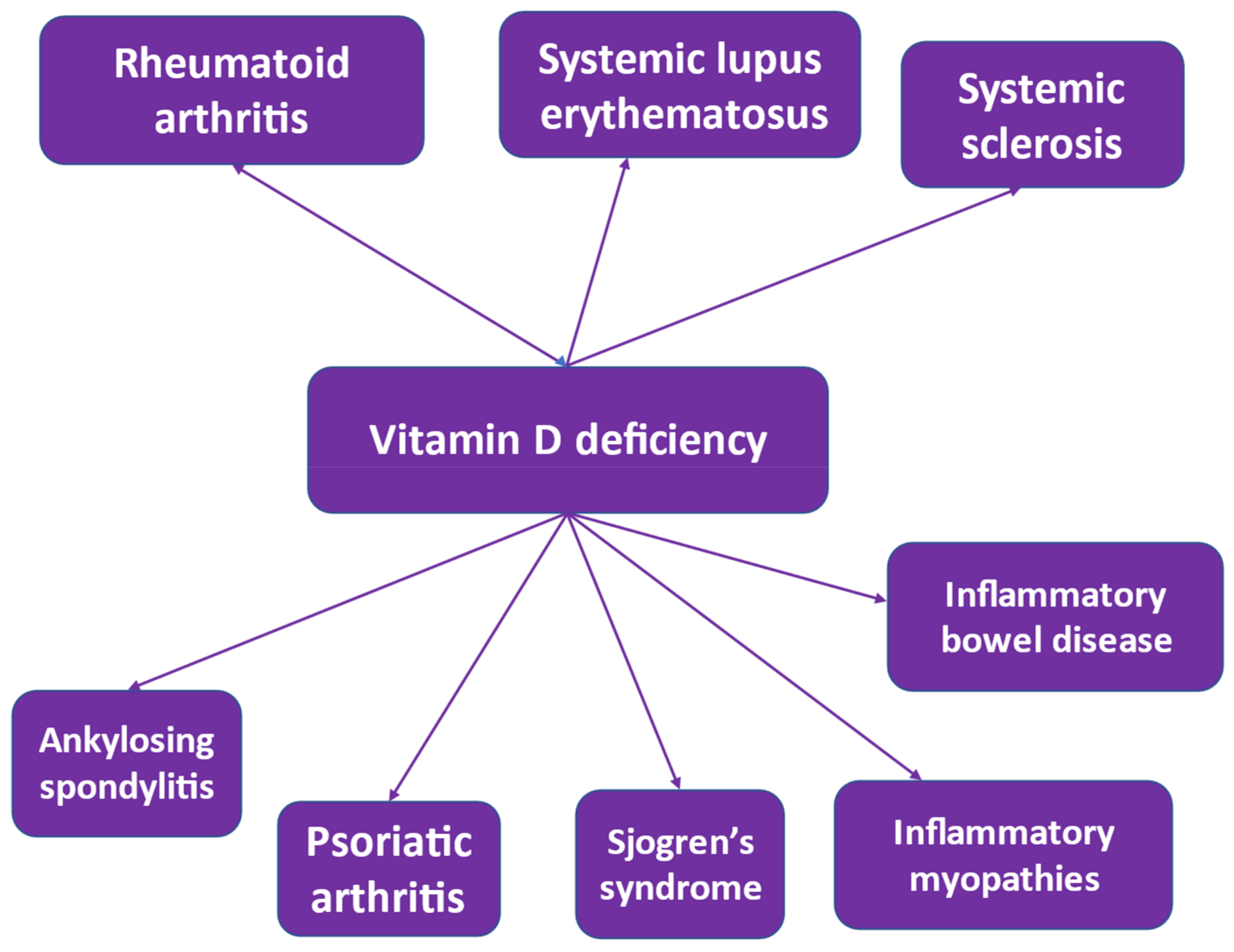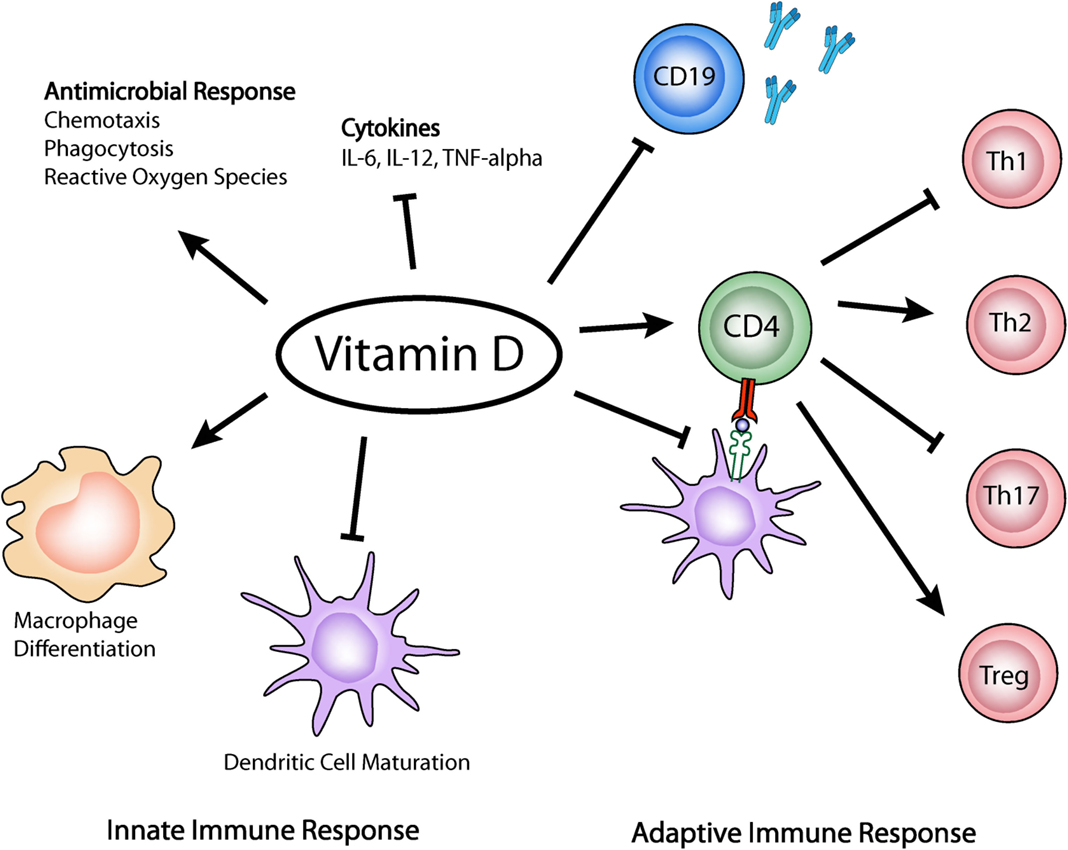Vitamin D: Immune Benefits, Deficiency & How It Works - Facts!
Are you unknowingly jeopardizing your immune system? A deficiency in vitamin D, a seemingly simple nutrient, can have profound and far-reaching consequences for your health, impacting everything from your susceptibility to infections to the strength of your bones. It's a deficiency that often goes unnoticed, yet its effects can be devastating.
Vitamin D, often dubbed the "sunshine vitamin," is more than just a nutrient for strong bones. It's a critical player in the intricate workings of our immune system, acting as a key regulator that helps defend against a multitude of threats. While many associate it primarily with calcium absorption and bone health, its role in immune function is equally, if not more, vital. A deficiency in this essential vitamin can leave you vulnerable to a host of health issues, making it imperative to understand its benefits, how it works, and what happens when you don't get enough.
| Vitamin D: Vital Information | |
|---|---|
| Name | Vitamin D (Calciferol) |
| Type | Fat-soluble vitamin |
| Primary Functions |
|
| Sources |
|
| Recommended Daily Intake (Adults) | 600 IU (15 mcg) |
| Benefits for Immune System |
|
| Symptoms of Deficiency |
|
| Health Risks of Deficiency |
|
| Risks of Excessive Intake |
|
| Reference Website | Harvard T.H. Chan School of Public Health - Vitamin D |
The immune system, a complex network of cells, tissues, and organs, acts as the body's defense force against invading pathogens. Vitamin D plays a pivotal role in both the innate and adaptive immune responses. The innate immune system is the body's first line of defense, providing an immediate, non-specific response to threats. Vitamin D helps activate macrophages and neutrophils, key cells in the innate immune system, enhancing their ability to engulf and destroy pathogens. Simultaneously, it influences the adaptive immune system, which provides a more targeted and long-lasting response. Vitamin D helps regulate the activity of T cells and B cells, crucial components of the adaptive immune system, ensuring a balanced and effective immune response. It is this regulatory effect that is crucial for maintaining balance within the immune system.
- Diplos Kids Baby Mamas A Look At His Family Life
- Taurus Scorpio Friendship Compatibility Challenges More
Vitamin D exerts its influence by binding to the vitamin D receptor (VDR), which is expressed on various immune cells, including monocytes, macrophages, dendritic cells, T cells, and B cells. This binding triggers a cascade of intracellular events that modulate gene expression, leading to the production of antimicrobial peptides and cytokines that fight infection. These antimicrobial peptides, such as cathelicidin, directly attack and kill bacteria, viruses, and fungi. Cytokines, on the other hand, act as signaling molecules, coordinating the immune response and promoting inflammation when necessary.
Recent epidemiological evidence has indicated a significant association between vitamin D deficiency and an increased incidence, or aggravation, of various infections, including respiratory tract infections, influenza, and even autoimmune diseases. Reports indicate an inverse relationship: the lower the vitamin D levels, the higher the risk of infection. Studies have shown that individuals with adequate vitamin D levels are less likely to contract these infections and, if they do, tend to experience milder symptoms and a faster recovery. This protective effect is particularly important during flu season and in populations with compromised immune systems.
A deficiency in vitamin D can manifest in a variety of ways, often subtly at first. The most common symptoms include bone pain, fatigue, muscle pain, and frequent infections. Bone pain, especially in the lower back, ribs, and legs, can be a telltale sign of vitamin D deficiency, as it indicates weakened bones. Fatigue, often described as a persistent tiredness that doesn't improve with rest, is another common symptom. Muscle pain and weakness can also occur, affecting daily activities and exercise tolerance. Perhaps the most concerning symptom is frequent infections, as it signals a weakened immune system that is less able to defend against pathogens. People with bone disorders, muscle weakness, liver or kidney disease, or other conditions that could be attributed to vitamin D deficiency should get tested for vitamin D levels in their blood.
- Leo Virgo Cusp Are You One Traits Compatibility More
- Bollywood Buzz Your Guide To New Hindi Movies News
Several different biological and environmental factors can put you at a greater risk of developing vitamin D deficiency. Older age is a significant risk factor, as the skin's ability to synthesize vitamin D from sunlight decreases with age. The amount of melanin (pigment) in your skin also plays a role, with darker skin requiring more sun exposure to produce the same amount of vitamin D as lighter skin. Geographic location is another factor, with people living in northern latitudes, where sunlight is less intense, being at higher risk. Lifestyle factors, such as spending most of your time indoors or wearing sunscreen regularly, can also limit sun exposure and reduce vitamin D production.
Certain medical conditions can also contribute to vitamin D deficiency. These include conditions that affect the absorption of nutrients, such as Crohn's disease, celiac disease, and cystic fibrosis. People with these conditions often have difficulty absorbing fat-soluble vitamins, including vitamin D. Liver and kidney diseases can also impair vitamin D metabolism, reducing the body's ability to convert vitamin D into its active form. Obesity is another risk factor, as vitamin D is stored in fat tissue, making it less available for circulation in the bloodstream. Medical conditions that can cause vitamin D deficiency include conditions that affect nutrient absorption, liver and kidney diseases, and obesity.
While obtaining vitamin D through sun exposure is natural, it's not always practical or safe. The amount of sun exposure needed to produce adequate vitamin D varies depending on skin type, geographic location, and time of day. Overexposure to the sun can also increase the risk of skin cancer, making it essential to balance sun exposure with sun protection. Dietary sources of vitamin D include fatty fish, such as salmon, tuna, and mackerel, as well as fortified foods, such as milk, cereal, and orange juice. However, dietary sources alone may not be sufficient to meet daily vitamin D needs, particularly for those at risk of deficiency.
Vitamin D supplements are a convenient and effective way to increase vitamin D levels, particularly for those who cannot get enough sun exposure or dietary vitamin D. The recommended daily intake of vitamin D for adults is 600 IU (15 mcg), but higher doses may be necessary for those with deficiency. It's important to consult with a healthcare professional to determine the appropriate dose for your individual needs. While vitamin D supplements are generally safe, it's possible to take too much, leading to toxicity. Very high levels of vitamin D in your blood (greater than 375 nmol/L or 150 ng/mL) can cause nausea, vomiting, weakness, frequent urination, and kidney problems. Therefore, it's crucial to follow recommended dosage guidelines and monitor vitamin D levels with regular blood tests.
The benefits of adequate vitamin D levels extend far beyond immune function. Vitamin D also helps the nervous and musculoskeletal systems function correctly. In addition to reducing the immune systems effectiveness, a vitamin D deficiency can lead to osteoporosis, a bone disease that causes spinal deformities and fractures. Muscle weakness is another prominent symptom. Studies also suggest that vitamin D may play a role in reducing the risk of type 1 diabetes. These benefits make vitamin D an essential nutrient for overall health and well-being. With this in mind, why take a chance at being deficient in vitamin D?
While vitamin D is crucial for immune function, it's important to remember that it's just one piece of the puzzle. A healthy lifestyle, including a balanced diet, regular exercise, adequate sleep, and stress management, is essential for a strong immune system. Maintaining a balanced diet rich in fruits, vegetables, and whole grains provides the body with the necessary nutrients to support immune function. Regular exercise helps improve circulation and immune cell activity. Adequate sleep allows the body to repair and regenerate, while stress management techniques, such as meditation and yoga, can help reduce inflammation and boost immune function. It is also important to note that studies show that a vitamin C deficiency can lead to an impaired immune system and an increased risk of infection. The human body cannot make vitamin C, so it needs to come from foods or dietary supplements.
Despite its importance, vitamin D is often overlooked in discussions about weight loss and diabetes prevention. Weight loss taking vitamin D supplements or eating foods that are rich in vitamin D does not help you lose weight. Also, that vitamin D supplements dont stop most people with prediabetes from developing diabetes. However, emerging research suggests that it may play a role in regulating blood sugar levels and reducing inflammation, both of which are important factors in these conditions. While vitamin D supplements should not be considered a standalone treatment for weight loss or diabetes, they may be a valuable addition to a comprehensive approach that includes lifestyle changes and medical management.
In conclusion, vitamin D is a vital nutrient that plays a crucial role in immune function, bone health, and overall well-being. A deficiency in vitamin D can have far-reaching consequences, increasing the risk of infections, osteoporosis, and other health problems. By understanding the benefits of vitamin D, how it works, and what happens when you don't get enough, you can take steps to ensure adequate vitamin D levels and protect your health. This includes getting regular sun exposure, consuming vitamin D-rich foods, and considering vitamin D supplements when necessary. Remember to consult with a healthcare professional to determine the appropriate dose for your individual needs and monitor vitamin D levels with regular blood tests. The power of vitamin D in immune system function should not be underestimated. Every part of our immune system has vitamin D receptors, and vitamin D, best known for its role in skeletal health, has emerged as a key regulator of innate immune responses to microbial threat.
- Brittany Ashton Holmes Now Life After Little Rascals Revealed
- Mr Miyagis Untold Story The Life Legacy Of Pat Morita

Vitamin d for immune system support how it works deficiency symptoms

Biomolecules Free Full Text Vitamin D and Autoimmune Rheumatic Diseases

Frontiers Immune Response Modulation by Vitamin D Role in Systemic